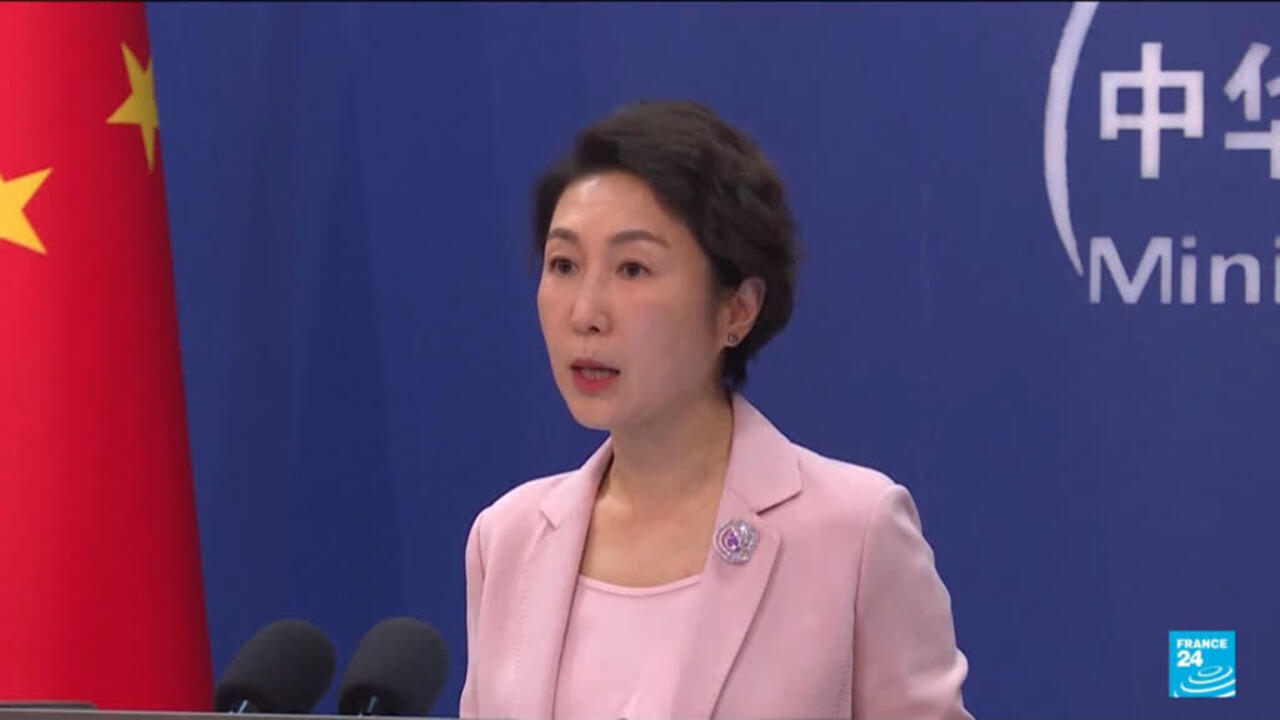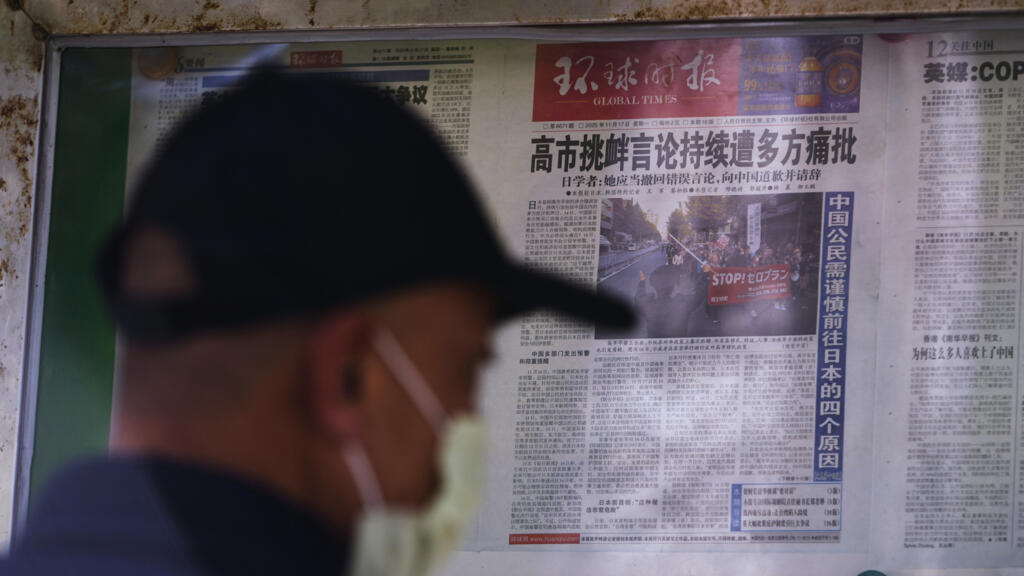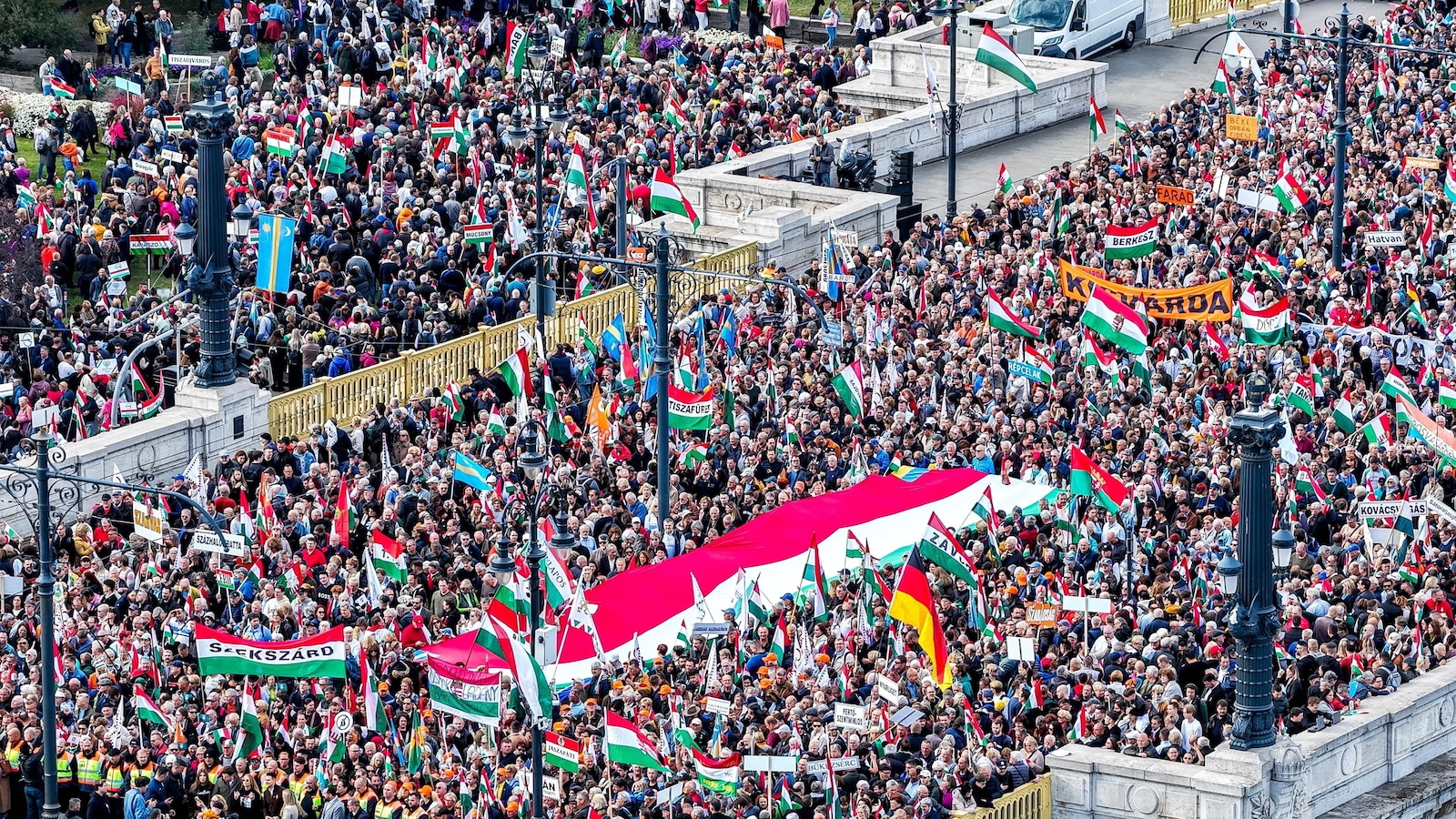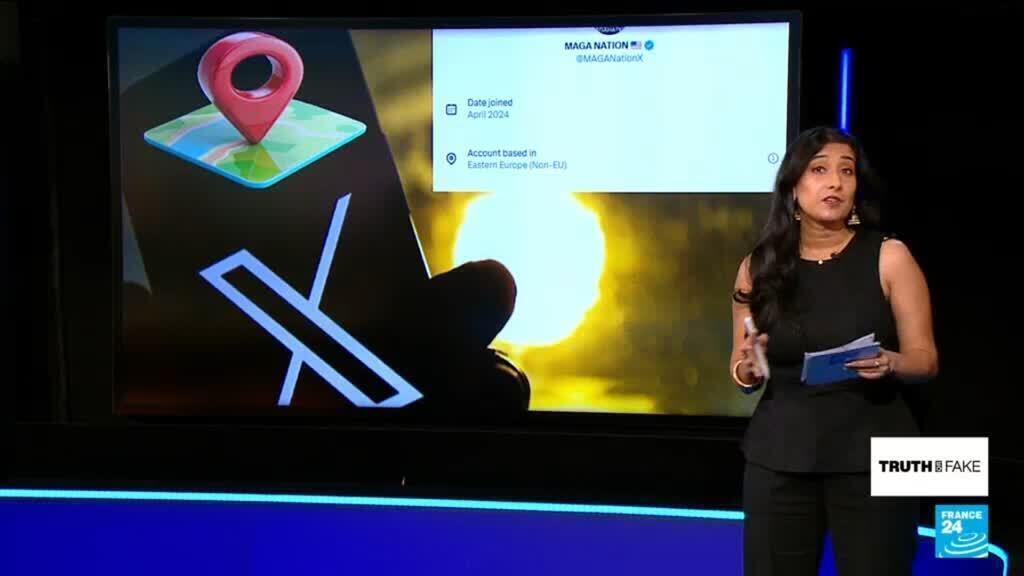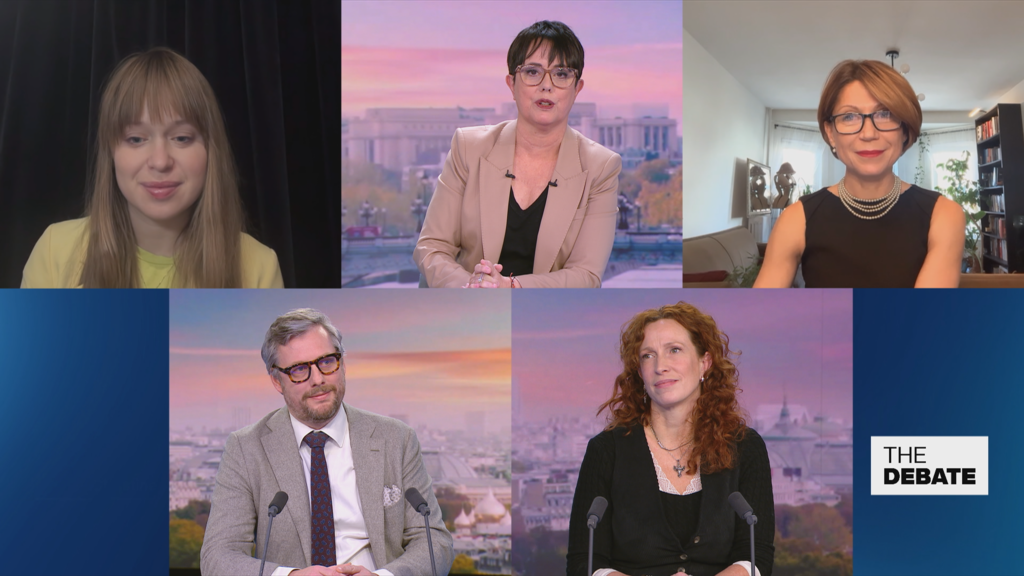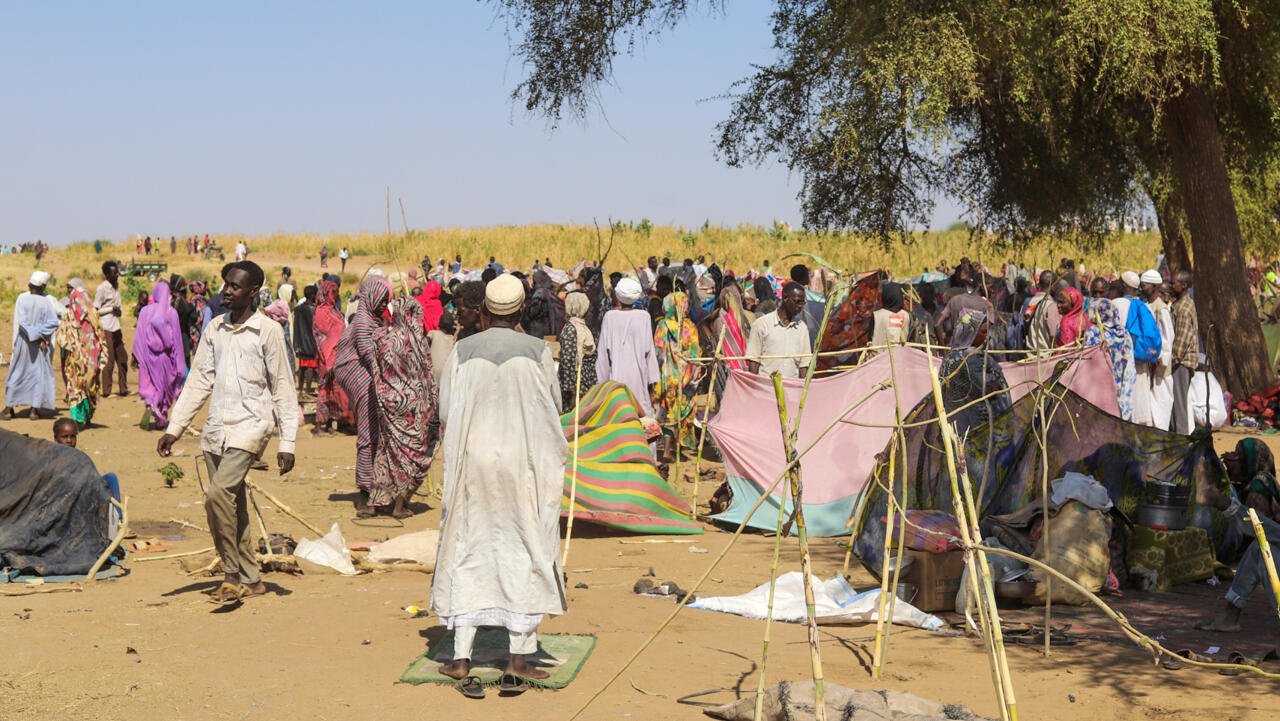Neoliberal: PiS presidential candidate Karol Nawrocki campaigns in Katowice, 19 May 2025
Klaudia Radecka · Nurphoto · Getty
In June the rightwing Law and Justice (PiS) party retained Poland’s presidency when Karol Nawrocki narrowly defeated Warsaw mayor Rafał Trzaskowski, taking just over half the vote. This was only 20 months after the PiS-led coalition lost its majority in Poland’s lower house. Trzaskowski was backed by the ruling Civic Coalition (a liberal alliance ranging from centre-left to centre-right) and prime minister Donald Tusk.
Trzaskowski’s defeat is likely to entrench power-sharing in the upper echelons of government and block the Civic Coalition’s key reforms – especially as the first round of the election was notable for the success of candidates even further to the right than PiS: Sławomir Mentzen of the far-right Confederation (Konfederacja), who took 14.8% of the vote, and the monarchist Grzegorz Braun (6.3%).
Outflanked on the right, PiS may now shift away from the social policy stance that informed much of its legislation between 2015 and 2023. Its flagship initiative remains the ‘Family 500+’ programme, a monthly, non-means-tested family allowance of 800 złoty ($218) per child (up from 500 złoty ($136) at its launch in 2016). Nawrocki’s victory reflects the rise of a more neoliberal faction within PiS, as evidenced by his campaign rhetoric, including pledges of tax breaks for the wealthy and opposition to a property tax.
The conservative right spoke to those who felt undervalued by appealing to tradition: moral superiority became a substitute for social mobility
Between the first and second rounds of the election, Nawrocki copied Mentzen’s anti-tax stance, his rejection of any legislation that might affect business turnover, and his opposition to sending Polish troops to Ukraine and its accession to NATO.
Given these positions, it may seem surprising that more than 80% of farmers and almost two thirds of factory workers and the unemployed backed Nawrocki. The detailed breakdown of first-round voting speaks (…)
Full article: 963 words.
This article can be read by subscribers
Colette Braeckman is a journalist with the Belgian newspaper Le Soir
(1) Odious debt is used to describe a debt incurred by a despotic regime, which is not in the interest of the nation; it is argued that it should therefore be repayable by the members of that regime and not by the nation.
(3) Since voting rights at the IMF are calculated on the basis of the size of a country’s economy, the US has 17% of the vote while China has 3.7%.



